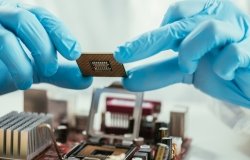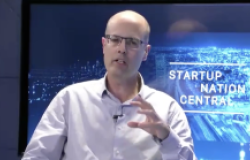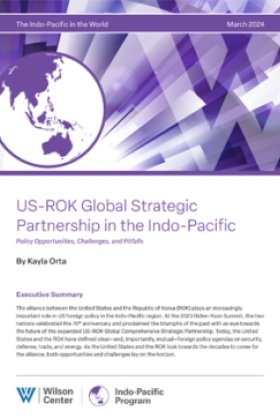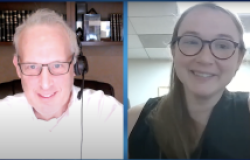TED Video: The Promise and Perils of DNA Editing
Today, we start envisioning the possibility to edit diseases like cancer out of our genome. But ethics and policy expert Eleonore Pauwels is urging researchers, doctors and policymakers to think together about how to design the best safety and governance mechanisms before they leap into a promising but somewhat uncertain technological future. In her talk, Pauwels explains the transformative medical potential of genome-editing, but also how we need to empower interdisciplinary research actors to delineate the uncertainties and risks around editing our genome and our germline, so that we avoid making us vulnerable to unforeseen consequences.
Eleonore Pauwels, Director of Biology Collectives, Senior Program Associate and Scholar at the Woodrow Wilson International Center in Washington DC, is a science policy expert who explores ethical governance of converging and emerging technologies. Pauwels is particularly interested in the perils and promises of genome-editing, which involves correcting defective genes to treat and potentially cure genetic diseases. "Gene-editing can influence and modify our biological, our genetic blueprint," Pauwels says. "It is a defining technology for the future of humanity."
Check out great speakers and ideas at TEDxCERN: http://tedxcern.web.cern.ch/speakers/eleonore-pauwels-dna-editing
Guest

Eleonore Pauwels
Formerly European Commission, Directorate-General for Research and Technological Development, Directorate on Science, Economy and Society
Hosted By

Science and Technology Innovation Program
The Science and Technology Innovation Program (STIP) serves as the bridge between technologists, policymakers, industry, and global stakeholders. Read more









